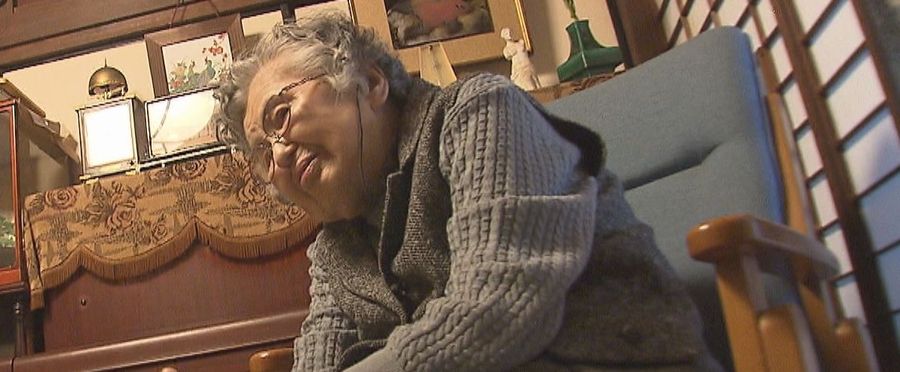Survivors of the atomic bombings of Hiroshima and Nagasaki, often known as "Hibakusha," have long faced discrimination in Japanese society, including educational and matrimonial pursuits. This article highlights the tangible effects of this deeply-rooted prejudice and the steps some are taking to challenge these discriminatory practices. While progress has been slow, there are signs of positive change, signaling a newfound hope for these survivors and a possible shift in societal attitudes.
In Japan, the stigma against "Hibakusha" is potent and long-enduring. It is rooted in a mix of fear — of rumored health effects and the impact on offspring — but also of the shame associated with the tragedies of Hiroshima and Nagasaki. This prejudice can often result in Hibakusha suffering in silence and isolation. Discrimination affects various aspects of their lives, from education to marriage proposals.
Similar to victims of historical tragedies or highly stigmatized groups in the US or EU, Hibakusha often face discrimination and prejudice. However, awareness and legislative initiatives aimed at combating discrimination are more prevalent in these places. The discrimination faced by atomic bomb survivors is a uniquely Japanese issue, steeped in cultural and historical context.

